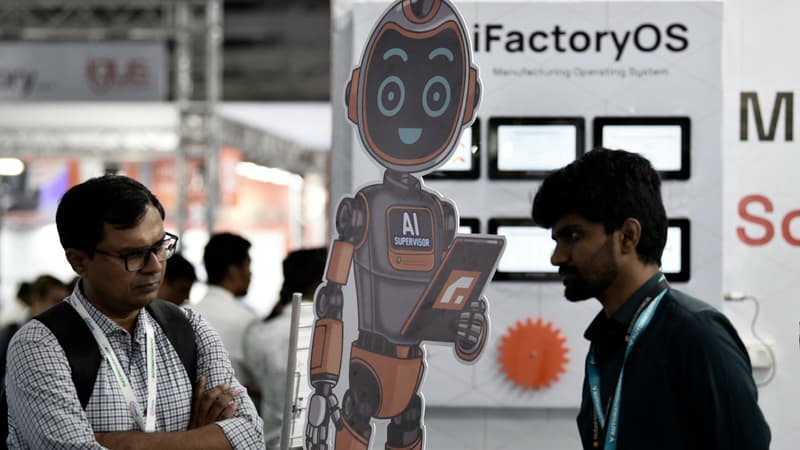He still looked there a few days ago, but Donald Trump’s brutal decision to increase visa costs hit the American dream glasses of Sudhanva Kashyap: the Indian student will not finish his training in California.
“When prices were lower, it was a hope that everyone could maintain,” describes the future Aerospace Engineer, 21, in the last year of training at BMS College in Bangalore (South). “But now with this new increase,” he sighs, “it’s going to be extremely difficult.”
True to his reputation, the US president created the surprise by fixing the costs of H1-B work visas on Friday at $ 100,000, to which the giants of the “technology” resorted to the provision of young talents.
These visas allow scientists, engineers and other computer programmers from abroad to improve their training in the United States and work there for three or six years.
The White House host had no mystery of his goal: to give priority to “his” workers.
Last year, the United States approved around 400,000 of these H1-B visas, including two thirds of renovations. The first attacked by their decision are the young Indians, who constitute three quarters of the candidates for the beautiful sesame. For Sudhanva Kashyap, this is very bad news.
In his sight, the Stanford Californian campus, then the aerospace industry. “I will have to think about that,” he complains.
“The new Visa award is too high for any business to accept a stranger,” says Shashwath vs (his last name), 20, a chemistry student in Bangalore. “The United States is no longer my priority.”
Great concern in India
It is a euphemism to say that Donald Trump’s announcement took India and his campus. The Indian government has worried about its “human consequences” and the main professional association of “technology” in the country, Nasscom, “considerable uncertainty” that it created.
The US administration later said that the astronomical costs announced by their boss only requested new applications.
But for Sahil, 37, who preferred to silence his last name, evil is made. Returning to India last year after seven years in the United States, it assumes that the new Indian graduates will not have their opportunity.
In addition, Sahil Singla points out, letting out that except for foreign engineers will mechanically benefit their American colleagues is a mistake. “Many American companies depend on the H1-B visa. Therefore, to think that such a decision will venture to Americans is a mistake,” he said, “many positions will remain unoccupied.”
“Indians, students or employees contribute significantly to the US economy,” adds Shashwath vs. “The United States will also suffer the effects of this measure, one way or another.” After those of Mexico, migrants, legal or clandestine, of India constitute the second deposit of the foreign population in the American soil.
In his Indian campus, Sudhanva Kashyap has already begun to review his future projects. “I think I will try to go to the Netherlands, or elsewhere in Europe,” he thinks aloud. But he still refuses to definitely turn the page. “It would be extraordinary if the decision was revoked,” he said he expected. Before returning to reality. “But it seems very unlikely …”
Source: BFM TV


